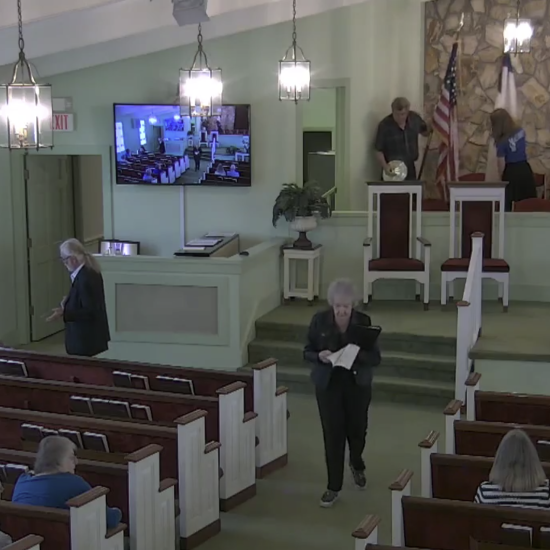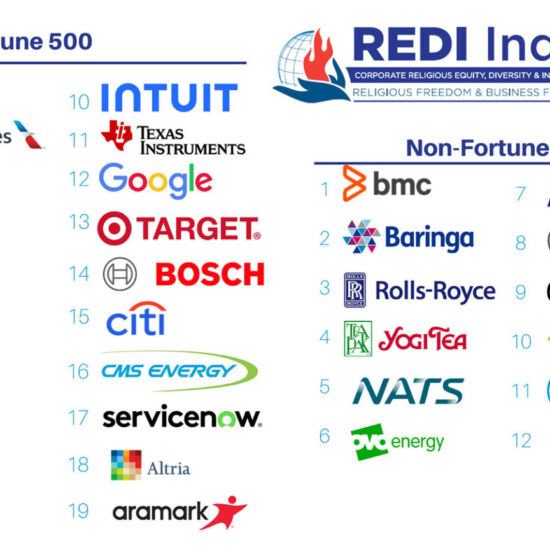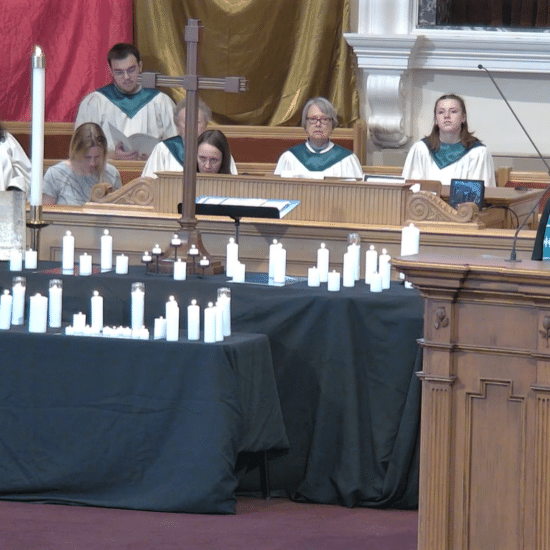JACKSONVILLE, Fla.—Some Christians live out their faith by ministering in churches, visiting prisoners or serving as missionaries. Jordan England does it by designing and selling furniture.
 |
"This is my calling," said England, the 31-year-old owner and CEO of Industry West, an e-commerce company based in Jacksonville, Fla., that produces designer furniture.
But the core purpose of the firm he founded in 2010 is to support charitable causes.
"I found this is the best way to live out my faith," said England, a member at Hendricks Avenue Baptist Church in Jacksonville.
Others are finding that the best way, too—and in growing numbers, according to experts who follow trends in social entrepreneurism and the burgeoning field of 'business as mission.'
"The movement is called 'BAM' and there are several books out there on it," said Tom Phillips, founder of Memphis-based Diversified Conveyors, Inc., and a regular speaker at workshops and conventions devoted to the subject.
Phillips' company manufactures larger conveyor systems used by airports and companies like FedEx. He founded it in 2000 as a way to generate money for local, national and international charities and ministries. It currently generates more than $1 million annually for 54 causes.
As the movement grows and more people hear about it, they suddenly see their business acumen as a spiritual blessing, he said.
"I think it's a way of taking our faith and the gifts God gives us—in my case entrepreneurship—and apply it to the kingdom," he said.
Phillips has been invited to more BAM workshops every year, including some hosted by the Cooperative Baptist Fellowship, and he's seeing the number of such companies noticeably increasing.
"I think there's a pretty good paradigm shift going on," he said.
Part of the timing for that shift is connected to the recession and resulting bailouts and other fallout, said Linda Brennan, professor of management at Mercer University.
The economic downturn fostered distaste for greed and motivated some firms to increase transparency and social responsibility, she said. Some individuals simultaneously were inspired to seek new models for doing business, Brennan said.
England's represent a hybrid between the more overtly Christian business-as-mission model and the largely secular social entrepreneurism approach, she said.
England agreed, noting that his company's newly redesigned website has no references to Christianity or his being a Baptist.
Instead, it tells customers the company's purpose is about giving back and lists agencies the company helps to the tune of more than 10 percent of revenues.
Those include Project Ruth, which serves Gypsy children in Romania, and Hope Haven of the Low Country, a children's advocacy and rape crisis center in South Carolina.
By contrast, Phillips' website includes a verse from Scripture (Acts 1:8) and a mission statement declaring adherence to Christian principles.
England said his "under the radar" faith-based approach is intentional because it can turn off some customers and detract from the product.
The product isn't just furniture but how it's used, he said. England is headed to Romania in September to equip a school with newly designed classroom desks as part of a deal worked out with Project Ruth during the recent 2012 CBF general assembly in Fort Worth.
Making those kinds of deals, he added, is the company's reason for existence and his way of living out the gospel.
"I don't want to be Chick-fil-A where everyone knows we're a Christian business," he said. "But that is what drives me to make it successful."






